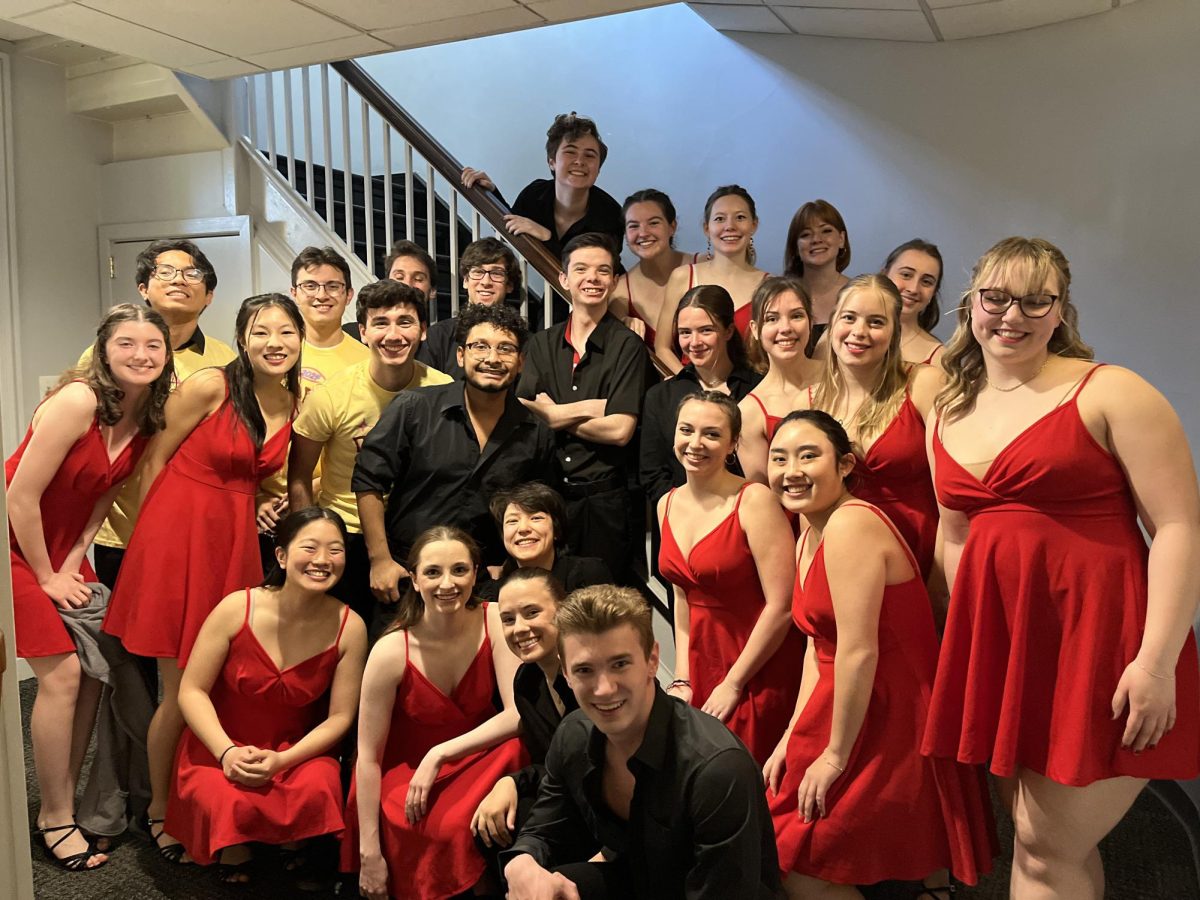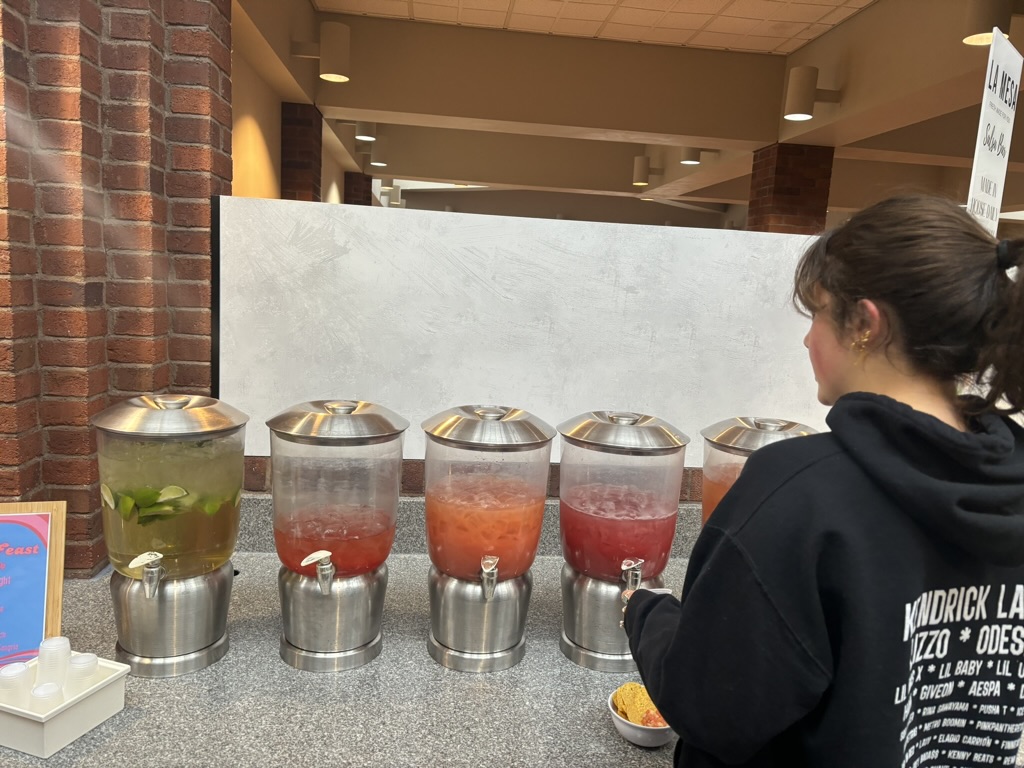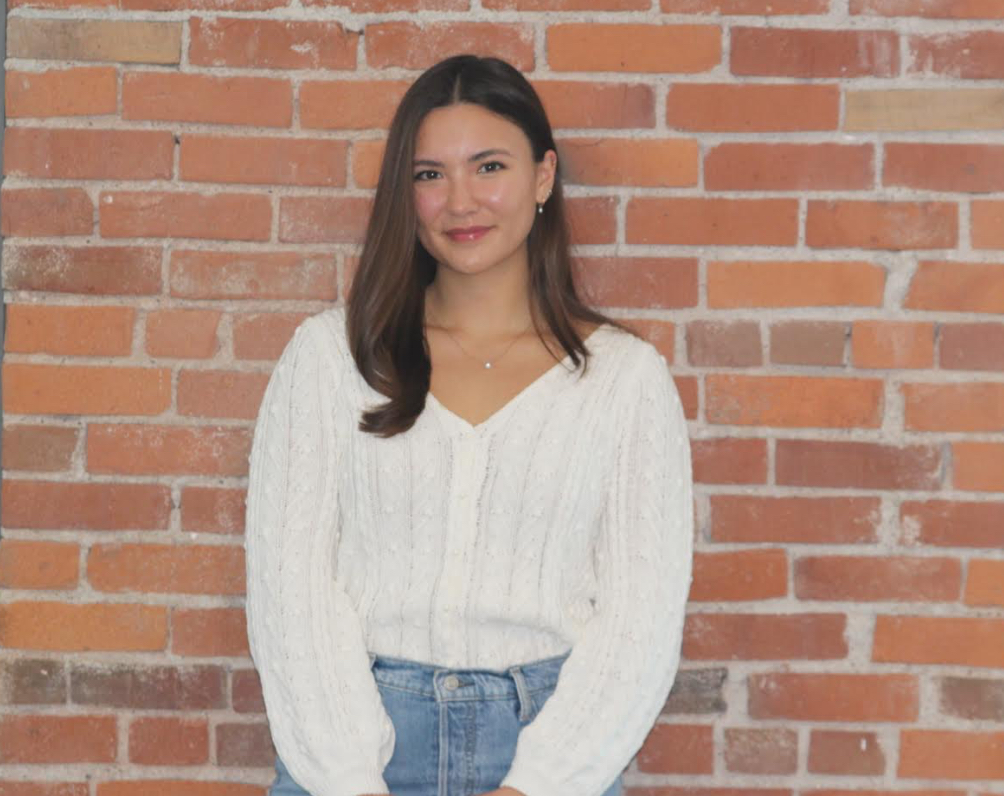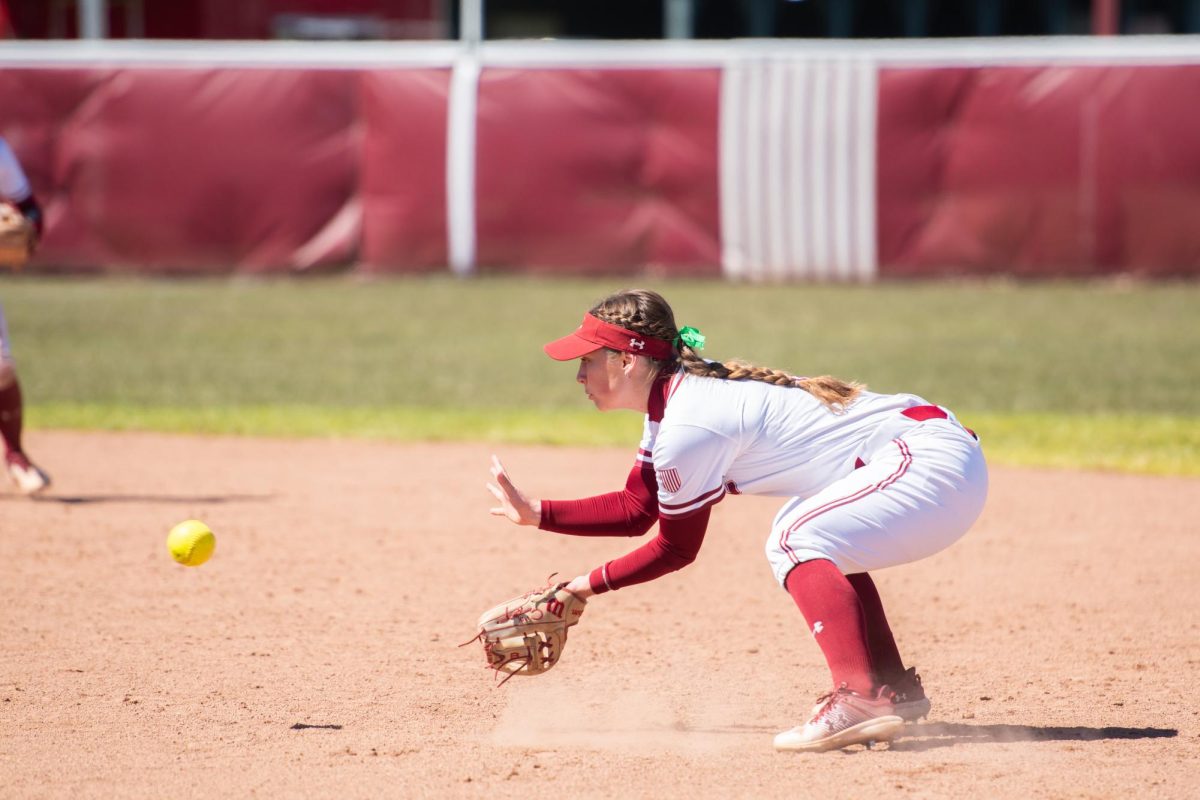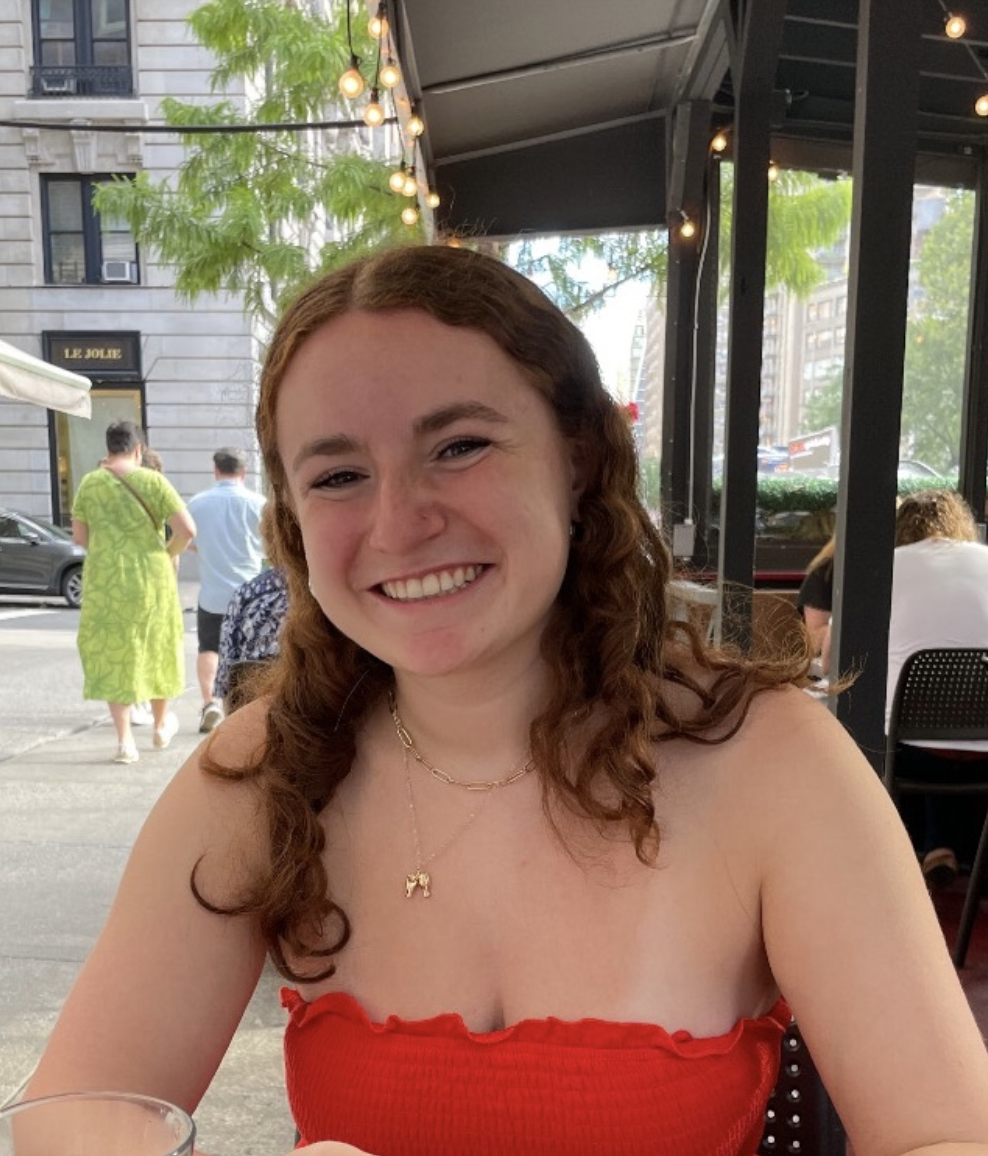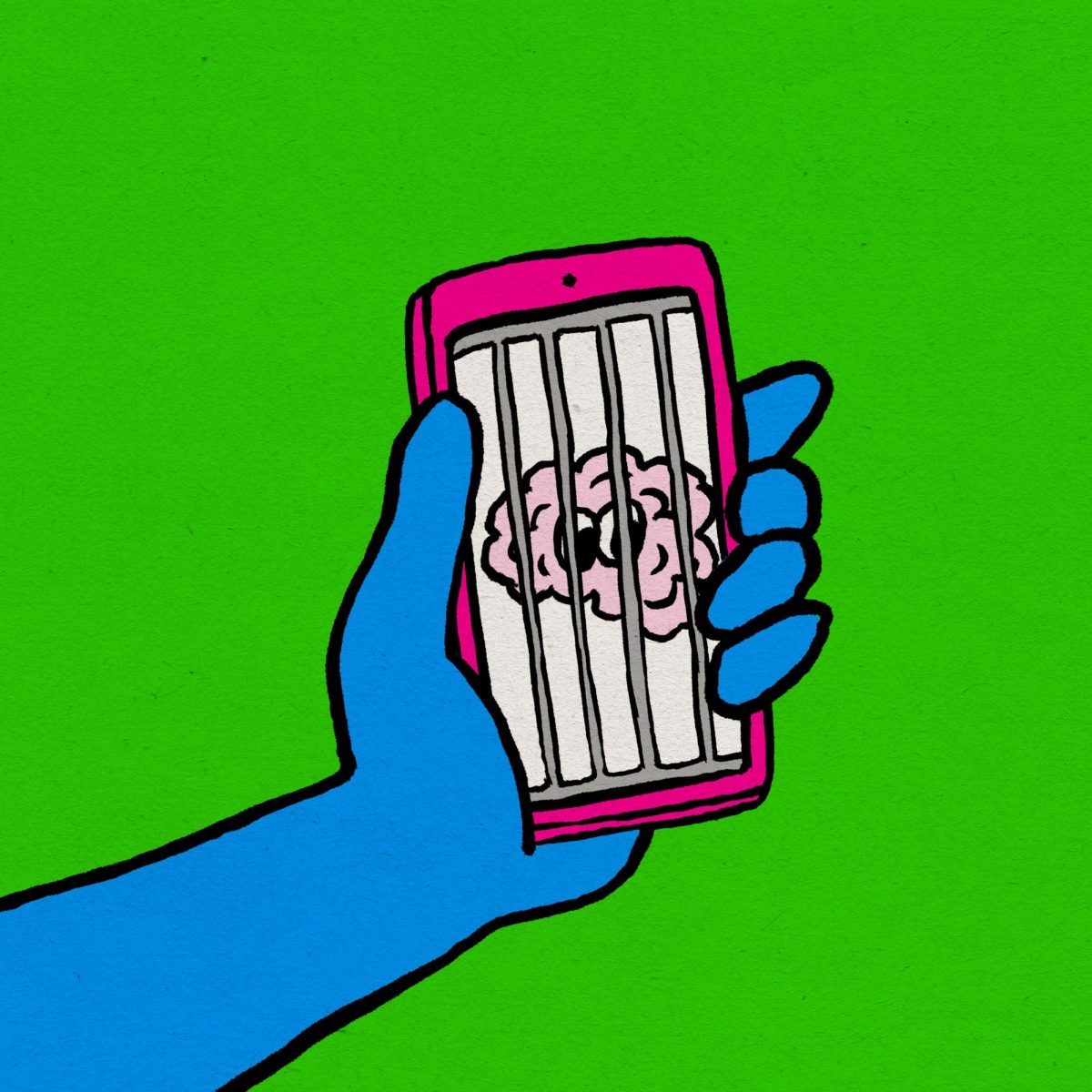Colgate University students and faculty were invited to prepare Palestinian food dishes and discuss the ongoing conflict between Palestine and Israel while watching the Palestinian films “Foragers” (2022), “Sebastia” (2024) and “Untold Revolution” (2021) on Tuesday, April 23. The event was inspired by former Colgate faculty member Dawn Weleski and artist Jon Rubin’s project, an activist restaurant called “Conflict Kitchen.” Welenski spoke about the history of Conflict Kitchen and the future of activism at Colgate during the event.
Junior Jose Arriaza, who organized the event, shared how the idea for the event was born.
“The idea came about because I’ve known [Welenski] since I got [to Colgate]. [Welenski] took me to her house and we had a dinner and talked about mutual aid and grassroots organizing. I was speaking to her a lot, and she told me about this idea for a restaurant she created in the past called Conflict Kitchen,” Arriaza said. “It’s something that a lot of student leaders have been wanting to recreate for years, so I thought it was the perfect time to create a Conflict Kitchen-inspired event because of the Palestinian conflict that’s going on.”
Before the screenings, attendees collaborated in the Pinchin Hall kitchen to prepare three dishes.
Mutabal, an appetizer made from eggplant, tahini, garlic, lemon juice and yogurt was prepared and served alongside hummus and naan bread. Attendees also collaborated to make mussakhan, a marinated chicken dish with sumac and onions, as well as maqluba, or “upside-down rice and chicken,” which is prepared by layering chicken, rice and vegetables in a pot with spices and flipping the pot onto a platter after cooking.
Arriaza consulted several sources to make final decisions about the menu.
“In terms of choosing the food, I spoke to the Arabic language intern [Maysaa ElSharif], who is Palestinian, and I’ve spoken to [Welenski] a lot about her Palestinian restaurant pop-up and the stuff that she served,” Arriaza said.
Conflict Kitchen opened in Pittsburgh in 2010 and sparked controversy when the restaurant began serving Palestinian food in 2014. The project’s website explains its purpose and organizational system.
“Conflict Kitchen is a restaurant that serves cuisine from countries with which the United States is in conflict,” the website reads. “Each Conflict Kitchen iteration is augmented by events, performances, publications and discussions that seek to expand the engagement the public has with the culture, politics and issues at stake within the focus region. The restaurant rotates identities in relation to current geopolitical events.”
Following a Palestinian panel in 2014, the Pittsburgh Jewish Chronicle published an article stating that an Israeli representative, Gregg Roman, was denied a place on the panel but promised participation in a future second event.
“All of [a] sudden, on social media there were fallacious lies being spread about the project. We were criticized as being one-sided because we also were not presenting Israeli food. Then, eventually, something gets picked up by one press outlet,” Weleski said. “You know how the press goes. It just snowballs from there, and you can’t tell the truth from lies.”
Conflict Kitchen closed in 2017 following death threats.
Weleski gave advice to student attendees regarding the future of pro-Palestinian activism at Colgate.
“Every institution has gaps in it, but there are good people here and there are some good people in this room that are here for you,” Weleski said. “And make sure you’re mentoring those coming under you because we don’t want all the amazing work that you’ve been doing and growing to just disappear when you graduate. It happens so quickly.”
Sophomore Nicole Hernandez, a representative of the student collective Colgate Students for Liberation, also provided information about current activism on campus.
“We host weekly Palestine vigils every week. […] I think solidarity right now is incredibly important. It’s just as important to have conversations behind closed doors about Palestine as it is to be out in the [academic] quad talking about it,” Hernandez said. “I call on the people that feel intimidated. I call on the people that have felt the inkling to go but don’t see it as a priority to re-evaluate those priorities and show up because it matters now more than ever.”
Colgate’s rendition of Conflict Kitchen was a fully immersive experience. The event encouraged active student participation and emphasized the appreciation of Palestinian culture.



